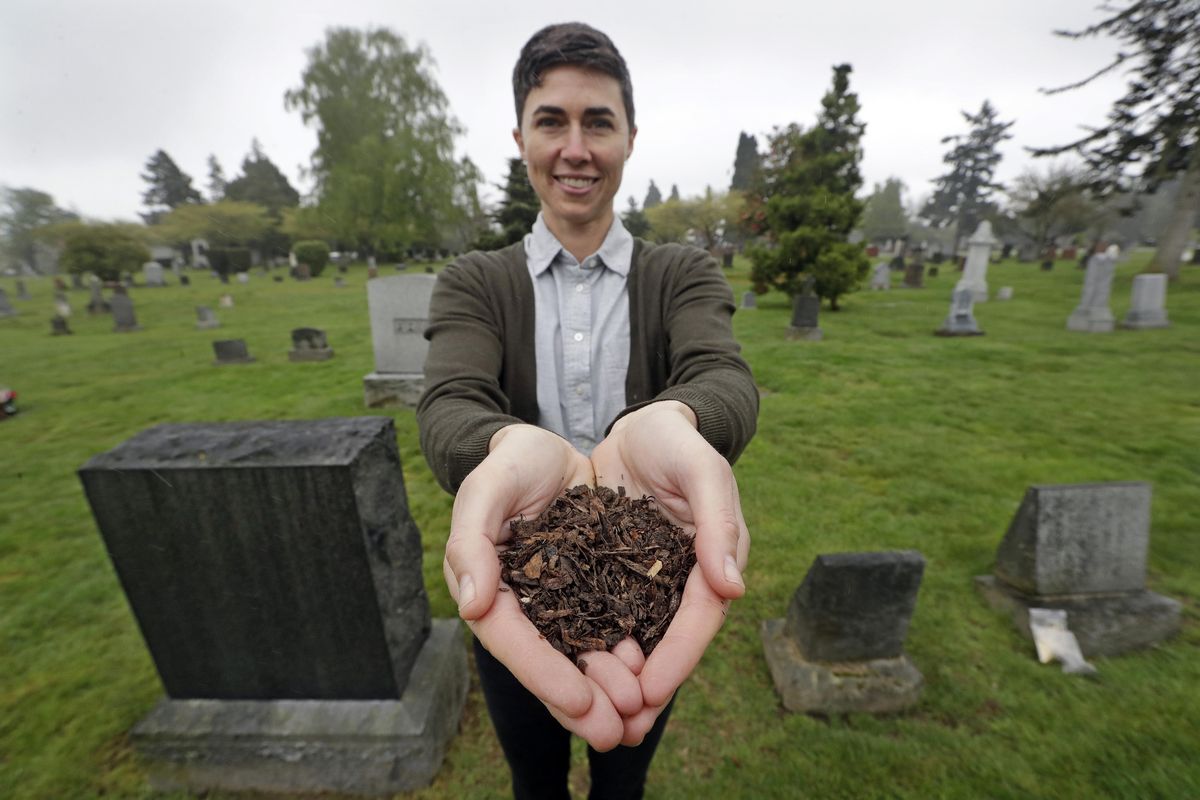Human composting to be legal in Washington

OLYMPIA – In just under a year, Washington residents will have choices other than burial and cremation after they die, including becoming human compost.
Gov. Jay Inslee signed a bill expected to make Washington the first state to allow human composting – also known as natural organic reduction – available to those who choose it as the final disposition of their remains. It will have to be performed by a licensed facility, and rules regarding the scattering of those remains will have to be followed.
The new law also will allow for alkaline hydrolysis, which reduces a body through heat, pressure, water and certain chemicals, a process that’s legal in 19 other states.
Both processes are cheaper, more environmentally friendly and less energy intensive than cremation, supporters said.
Sen. Jamie Pedersen, D-Seattle, the prime sponsor of the bill, said that while death is a universal human experience, the two methods for disposing of human remains covered by state law – burying a body or burning a body – have been with society for thousands of years.
Human composting involves covering a body with organic materials, usually straw or wood chips, which allows it to break down over a few weeks into about a cubic yard of soil indistinguishable from other compost. The composted remains could be taken by family members or scattered on designated conservation land. Recompose, a Seattle-based business that plans to offer the service, conducted a pilot program last year with five donor bodies at Washington State University.
Human composting and alkaline hydrolysis will be legal in Washington starting May 1, 2020.